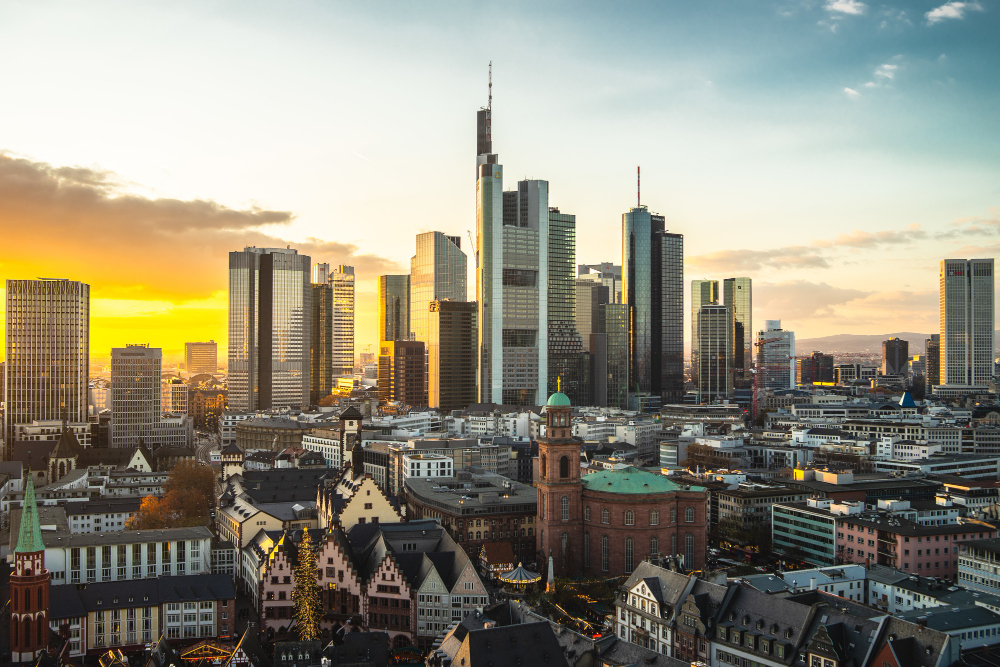Applying for a German permanent residence permit: What you need to know
There seems to be a great deal of confusion when it comes to applying for permanent residence permits in Germany. In this article, Schahroch Taleqani, partner at RT & Partner, a law firm specialising in immigration, breaks down the eligibility criteria of this special residence permit, and explains its many advantages and how you can benefit from them.
You are an expat who enjoys living in Germany? If you have been happily living and working here for some time - maybe even calling this place home, and now want to make plans that are a little more long-term, then a permanent residence permit may be just what you need.
What exactly is a permanent residence permit?
A permanent residence permit – or “Niederlassungserlaubnis”, as it is known in German – is a special kind of long-term residence permit. It differs from most other residence permits like the EU Blue Card in that it does not lapse. Once you are granted your permanent residence permit, you will never have to get it renewed. You only need to periodically replace your permanent residence ID card (elektronischer Aufenthaltstitel).
Advantages of a permanent residence permit
Its permanent nature is the permanent residence permit’s main advantage. Not having to apply for an extension every couple of years will save you a considerable amount of time and money. And it also provides you with the security and peace of mind that comes with knowing that your future in Germany is safe.
In addition, the permanent residence permit is not bound to a specific purpose. With a permanent residence permit, you can work independently as well as pursue employment.
Requirements for permanent residency in Germany
The main requirements for a successful permanent residence permit application are set out in § 9 (2) of the German Residence Act (Aufenthaltsgesetz). They are as follows:
Previous legal residence
In order to qualify for a permanent residence permit, you need to show that you have had your legal place of residence in Germany for some time now. The general minimum duration is five years, but in many cases this can be reduced.
For instance, all skilled immigrants (Fachkräfte) only have to prove four years of residence (and with new legislation coming into force in March 2024, this number will be further reduced to just three years).
Holders of an EU Blue Card can apply after just two years and nine months of residence if their German skills are at level A1. If their German skills are at level B1, they can apply for permanent residence after just one year and nine months.
Sufficient means to provide for yourself and your family
If you want to apply for a permanent residence permit, you also need to be able to show that you have the means to provide for yourself and your family. This basically translates to you being able to finance your everyday life without the help of social welfare.
However, not all state benefits have the same detrimental effect. Payments like child benefits or child allowances (Kindergeld or Kinderzuschlag), training assistance (BAföG) or short-term unemployment benefits (Arbeitslosengeld I) have no negative impact on your permanent residence permit claim.
Payments for public pension insurance
In addition to this, you also need to be able to prove you have made sufficient provisions for your retirement.
You must have paid at least 60 months of compulsory or voluntary contributions to the German public pension insurance system, or provide evidence of an entitlement to comparable benefits from an insurance or pension institution or insurance company. You can prove this on the basis of an insurance history.
Language skills and cultural knowledge
The law also requires permanent residence permit applicants to prove they have German skills of level B1 or above, and a basic understanding of the country’s legal and social order. A completed integration course is accepted as sufficient proof for both.
Again, EU Blue Card holders can benefit from an exemption: for them, basic language skills at level A1 are sufficient.
No previous convictions
Lastly, you can only apply for a permanent permanent residence permit if your record shows no previous criminal convictions. However, petty crimes like parking offences and the like are obviously exempt from this. Usually, the line is drawn at suspended prison sentences of no more than three months or fines of 90 daily rates or less.
There are also special regulations. This means that it is possible to obtain a permanent residence permit earlier or under simplified conditions. Whether a special regulation applies to you is something you should always have checked by a lawyer.
As you can see, applying for a permanent residence permit is not always straightforward. In fact, understanding and navigating the intricacies of this area of law and collecting all the relevant evidence can be quite daunting. If you want to ensure that your application is both complete and has maximum chances of success, especially if you want to benefit from the various exceptions in place, calling in lawyers is your best bet. The experts at RT & Partner are happy to help and will assist you every step of the way. Get in touch with RT & Partner’s lawyers today!

